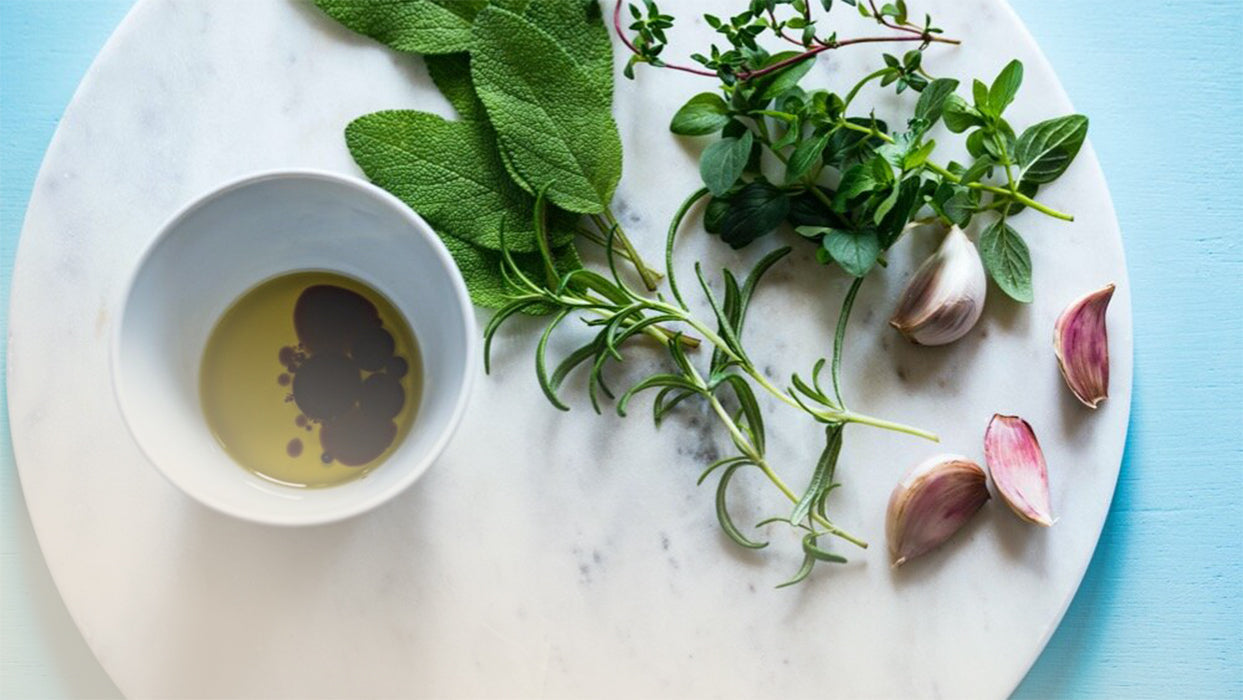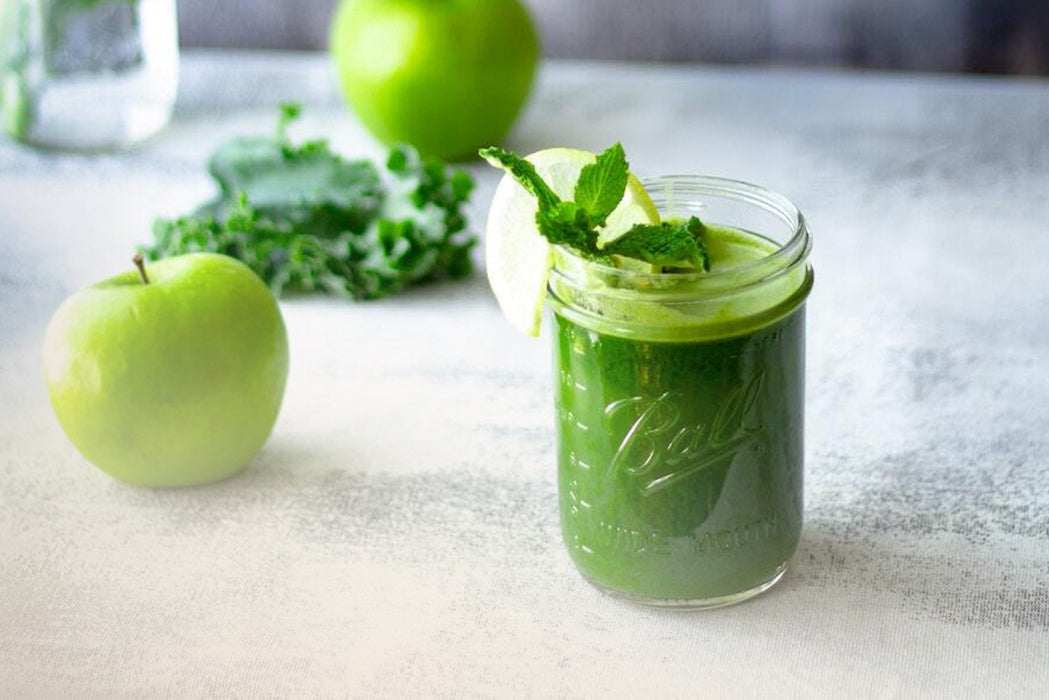Not only your intestine is part of your microbiome - the microbiome is to be perceived in its entirety as an organ
With the 2014 bestseller “Intestines with Charm” by Giulia Enders, the general public became aware that the intestines are an undervalued organ. It needs more attention because the many microorganisms present in it greatly influence our health and even our moods. We have to stop fighting our gut and its bacteria and start living with it in a loving symbiosis.
According to the latest research, not only the intestine, but the entire microbiome can be perceived as an organ. The microbiome describes all microorganisms that colonize our organism. In particular, all intestinal bacteria, i.e. the intestinal flora, but also the microorganisms that inhabit the skin, oral and nasal cavities and the mucous membranes. This complex structure not only ensures that healthy microorganisms are tolerated, but also repels pests. It is therefore extremely important to maintain a lifestyle that supports the microbiome and does not make it unnecessarily difficult for it.
An unbalanced microbiome can negatively affect the immune system and metabolism. The human brain and human genes also constantly communicate with the microbiome and influence our physical and mental health. A lack of diversity in the microbiome in particular can fuel harmful germs and lead to various diseases.
Did you know that a kind of microbial program is transmitted to the infant from the mother during birth, which plays a decisive role in the development of the immune system and subsequent diseases? So we are not as self-determined as we think!

How could you recognize an imbalanced gut microbiome?
- frequent flatulence
- Diarrhea
- stomach pain
- constipation
- constant tiredness and exhaustion
- various food intolerances
- thyroid disorders
- weight problems
- depressive moods

How can you support your gut microbiome in particular?
There are a number of foods that can positively affect the gut microbiome. They multiply bacteria with, for example, anti-inflammatory effects and can protect against chronic diseases. A balanced diet with lots of plant-based foods and fiber and well-chosen probiotics and prebiotics help the microbiome to stay in balance. Not only the choice of the right food is important, but also the way in which this food can be utilized in our intestines. If you think outside the box, it quickly becomes clear that chronic stress and little exercise also have an impact on the microbiome. Frequent antibiotic intake can also cause great damage from one day to the next and should be treated with caution.
What your microbiome doesn't like so much:
- White flour
- Sugar
- too much meat and sausage
- artificial sweeteners
- preservatives and artificial additives
- too much processed food
- alcohol
Food for a balanced microbiome
- High-fiber foods
- lots of fresh fruit and vegetables
- whole grain products
- legumes
- acidified milk products

Fermented Foods and Beverages
- sauerkraut
- Fermented Vegetables
- kimchi
- water kefir
- milk kefir
- kombucha
Fermented foods are the perfect little regular support for your microbiome and can help build a variety of beneficial bacteria in your gut flora. Our Kombucha is the perfect alternative to conventional soft drinks, which also provides you with probiotics and many important nutrients and also tastes delicious. Definitely better than eating sauerkraut regularly! It is always important that you buy unpasteurized kombucha that does not contain any artificial additives.
probiotics
such as lactobacilli, bifidobacteria, enterococci, Escherichia coli, yeast cultures…
- repel disease-causing germs
- regulate digestion
- strengthen the intestinal barrier
- help the immune system in the gut
prebiotics
such as inulin, fructo-oligosaccharides (FOS), galacto-oligosaccharides (GOS) and inulin…
- support the proliferation of good intestinal bacteria
- have a positive effect on your intestinal environment
- are good for your digestion
Artichokes, leeks, chicory, garlic, wheat, onions and unripe bananas contain FOS and inulin.

Lifestyle for your healthy microbiome
In everyday life, we often don't even notice that various small bad habits can add up in the end and lead to health problems. Always make sure that you...
- drink enough water
- chew slowly and eat consciously
- don't eat meals too irregularly
- Integrate regular exercise into your everyday life
- Avoid stress, for example through meditation or yoga
The body is often understood as a simple machine and not seen how complex and unique it is. Every person is genetically different and every microbiome acts differently. Just like in life, there isn't a one-size-fits-all magic formula. But one thing is for sure!
Being aware of the complexity of the microbiome and listening to yourself from time to time, as well as integrating small useful routines into your everyday life, helps enormously to strengthen your body and avoid unnecessary diseases.















Split: